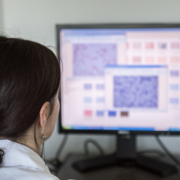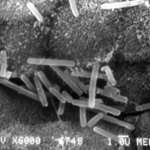Those who can’t do science, do science communication?
By Dr. Colin Hill
See what I did there? I used a title which I hope will attract the attention (or wrath) of science communicators but then put a question mark which allows me to disagree with the hypothesis posed – a good science communication bit of ‘click-baiting’.
But now that I have hopefully got your attention, let me expand on my views of how science is communicated. By way of disclosure, I am involved in a research centre, APC Microbiome Ireland, which has a mandate from Science Foundation Ireland for each scientist to actively participate in public engagement. This is something I initially resented, on the premise that anything mandatory should be resisted, but I have begun to appreciate that it is an important obligation for active scientists to support science communication – hence this blog and sporadic attempts to tweet and engage with the outside world. We are very lucky to have dedicated and talented science communicators in the APC, with an extraordinarily wide brief of engaging with schoolkids, students, clinicians, industry and the general public. To argue against my provocative title, let me make it clear our APC communicators are highly qualified and talented scientists who could easily have ‘made it’ in scientific research in academia or industry, but chose to develop their skills in science communication.
My main issue is the widespread attempts to portray science as ‘fun’ to young people. Most science communicators dealing with adults do a great job, albeit unfortunately the message is sometimes coloured by the need to make the story interesting by linking it to a headline proclaiming a ‘new cure for cancer’ or a ‘breakthrough on superbugs’. But it is mainly the manner of communicating to younger people that worries me. Scientists are largely perceived as nerds by the general public, and certainly by print and online media, even more so again by film and TV, but perhaps the most by scientists themselves. Is this why we feel a need to persuade people that scientists are actually fun-loving and cool? Perhaps the only sure way of not appearing cool is for adults to try to explain to a young person just how cool they are. Obviously, using the word ‘cool’ so often makes it abundantly clear that I am certainly NOT cool. ‘Serious’ professions like medicine, law, or business do not try to persuade people that their careers are fun. If you don’t believe me then try a simple exercise. Do a Google Image search for ‘science’, and then for ‘law’ or ‘business’ or ‘medicine’. As a hint, one set of images is dominated by cartoons, the other three are not.
I also cringe when I see science programmes on TV aimed at younger people, often with ‘zany’ presenters showing how science can be so much fun. Let me quote from a 2015 Sunday Times TV review of an Irish science programme. ‘Silliness in the name of science was a recurring feature of [programme name omitted], a series that veered wildly between the youthfully exuberant and the childishly skittish…. Science TV (presenters) have been supplanted by giddy MCs who seem capable of speaking only in a cheerleading register’. As a contrast, David Attenborough is the ultimate science presenter, never talking down to his audience, never dumbing down difficult ecological concepts, but retaining a genuine enthusiasm and deep knowledge of his subject. He is never fun, but his message is clear and engaging.
Surely it is more important to communicate just how important science is to modern life and invite the next generation to join in, rather than to emphasise science as a fun career. How could you get up every morning to a fun job? You would go mad within a few weeks. I have never found science to be fun. I have found it to be challenging, frustrating, exciting, exacting, rewarding and infuriating in equal measures. If you regard being the first person in human history to learn something new about our universe as ‘fun’, then so be it. I would rather characterise it as a humbling and thrilling experience. We should be clear in our messaging. Scientists conceived and created the world we live in. We (the computer scientists and physicists) made possible the smartphone or laptop upon which you are almost certainly reading this. You may well only be alive because of medical interventions such as antibiotics provided by us (the chemists and biologists) and you can only be fed in such large numbers as a result of our efforts (animal and plant scientists, food scientists). Why then do we feel a need to claim ‘science is fun’ in order to attract the brightest and best young people into science?
This blog is aimed both at science communicators and scientists alike. We work in the most important career of all, in the only profession that can ensure a future for our race and our planet. We have the most important roles in all of human activity – discovering and understanding our universe. So let’s try again with a new message to attract the brightest and the best – “Science is hard, but that is exactly what makes it worth doing”.

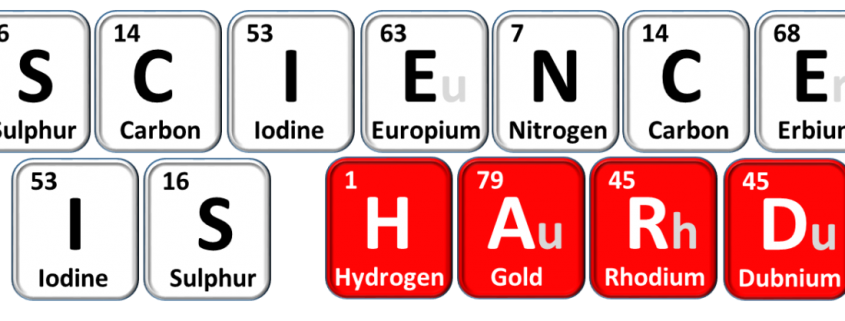


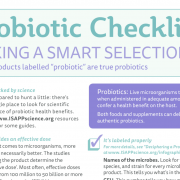
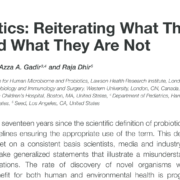
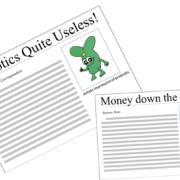
![vaccination-2722937_1920[1]](https://isappscience.org/wp-content/uploads/2019/07/vaccination-2722937_19201-180x180.jpg)

